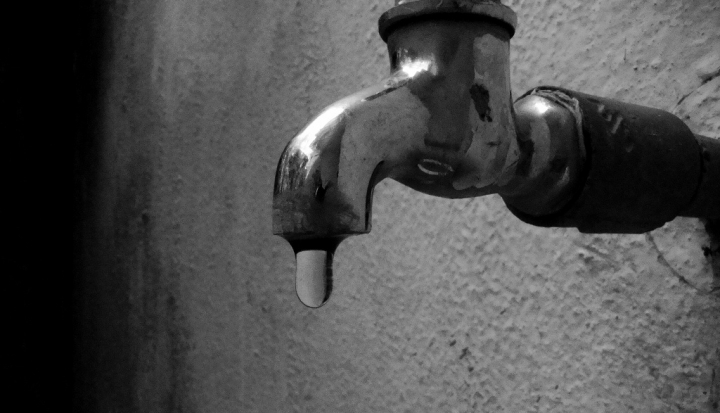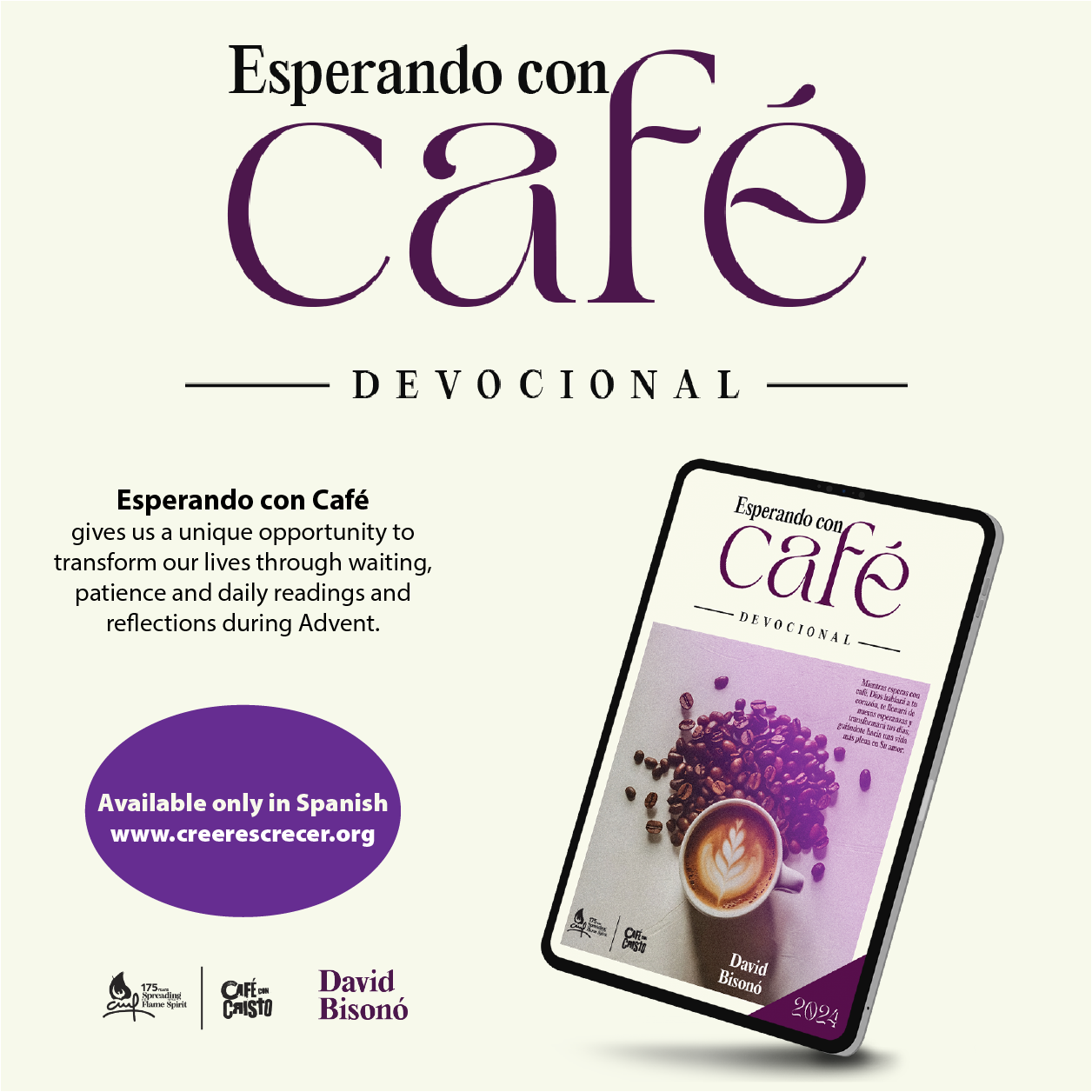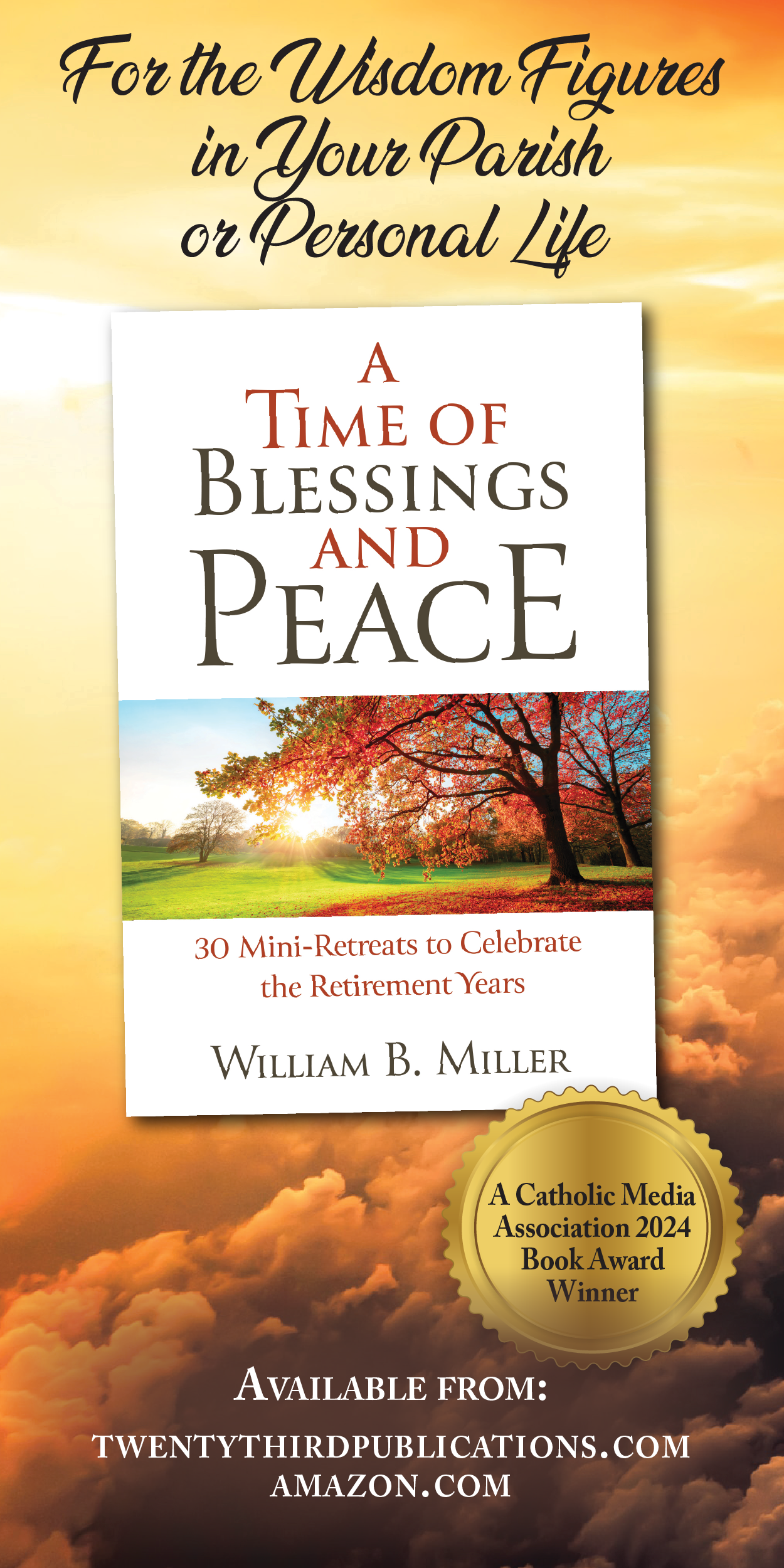When I was in eighth grade, my earth science teacher took a handful of us students to a small town in northeastern Minnesota. Located in a heavily karst region—an area with a permeable bedrock—the town was having difficulties with its water system. Its groundwater was not being filtered properly through natural processes because of the rough soil, and the people was essentially using waste contaminated water from their sewage ponds to cook with, clean themselves and their children in, and to drink.
As a hands-on science project we used water testing equipment from the local DNR to check bacteria levels and used dyes to find underground waterways to plot where the contaminated water reached. A remote control airplane from NASA with video camera capacities helped map the region filled with sinkholes—a sure sign of a karst region. In the end we were able to work with the city council to create better water decontamination processes as well as to institute new waste removal methods.
This was the first encounter I have ever had without access to clean water. Growing up in Minnesota, there were always plenty of lakes—nearly 12,000 to be exact. The Mighty Mississippi River flows generously from Lake Itasca providing water along the way. Lake Superior with its crystal clear water is beautiful to pick rocks along its beaches. Lack of clean water was a problem in Africa. It didn’t affect my family before, but now it was in my backyard.
My heart pours out to the 300,000 residents of the Charleston, West Virginia who were told not to drink, cook, or wash with the water from their taps. These people have been out of fresh water since Thursday when 7,500 gallons of the chemical MCHM leaked into the Elk River. The licorice-scented chemical, used to clean coal, forced schools and businesses to close. Firefighters, churches, and the National Guard had to go into emergency mode, distributing disposable plates and utensils and bottled water. The spill has caused loose regulations for water inspection in plants to be tightened up. Residents are slowly getting the green light to turn on their taps again.
People don’t realize how precious clean water is until they don’t have access to it. And sometimes it takes a huge news story to turn the attention on an issue.
Lack of clean water is a daily burden for some people. Over 780 million people live without access to clean water every day. About 3.4 million people die each year from water-related diseases—as water.org quotes, that’s almost the entire population of Los Angeles.
I am surely not trying to downplay the intensity of the Charleston catastrophe. What they have suffered over the last four days—and counting—is horrendous. What I am hoping for is that these 300,000 residents have a newfound empathy for those around the world who go through what they have had to daily. However, empathy only goes so far. I challenge those 300,000 residents—and all of you—to advocate that clean water is a right, not a privilege.









